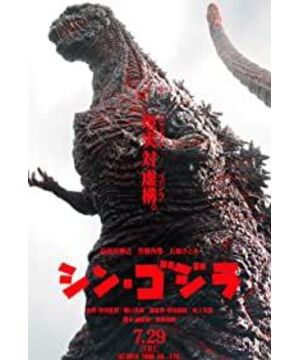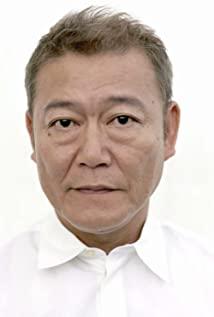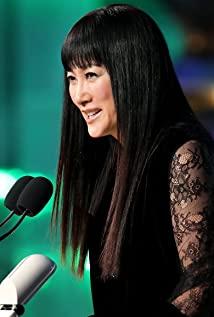The Yamato Nation has several national characteristics, which have been planted in their genes and have remained unchanged for thousands of years. When an entertainment film contains full political elements, these national characteristics are naturally revealed, and it can even be said that these characteristics dominate the plot and tone of the entire film.
1. Victimization delusional disorder. Symptoms: Always feel that you are the victim of others. In the film, the destructive Godzilla is because the world's nuclear waste is piled up in Japan. This plot is small, but it creates the starting point of the whole story. In reality, without this paranoia of victimhood, Japan would have less motivation to fight and less self-defense.
2. A sense of loneliness and helplessness. Symptoms: Always feel that no one cares about you. In the film, it is shown that countries in the world throw nuclear bombs wholeheartedly, regardless of Japan's life and death; and the only foreigner who cares about Japan is actually Japanese. Japan is surrounded by sea on all sides, and geography affects psychology. I always feel that I am a lonely star, no one loves and no one loves me, and my only friend is myself.
3. Excessive trust in yourself. Symptoms are: self-esteem, when others conflict with their own opinions, choose to trust themselves. All the Japanese in the film, not a single bad person, not even an ordinary person, are all incarnations of kindness, wisdom, and bravery, especially the male protagonist played by Hasegawa and the hanging silk team he leads. In contrast, the foreign characters in the film are mostly nervous, insensitive, and profit-oriented. I always put too much trust in my own decisions. It can be said that the first two points are the result of the combination of victimization paranoia and loneliness and helplessness. People will harm me + helpless everywhere, which always makes the Japanese feel that they are standing on a higher moral level, and they prefer to exclude the opinions of others. The Japanese are notoriously tolerant of themselves and do not like to reflect on their own past, which is how it came about. After World War II, Japan's internal affairs were deeply influenced by the international community (mainly the United States), and the habit of self-esteem and self-improvement was greatly suppressed. The film deliberately creates an atmosphere of "Japan against the world", clearly showing the desire to return to national habits.
4. Destiny is lonely. Symptoms are: Feeling special and promising to be the savior of the world. In all the Godzilla disaster movies, this one Godzilla is raised to such a level that its existence is not only a disaster for Japan, but a threat to all of humanity. Therefore, the Japanese government is on the front line fighting for the fate of the earth, and the appearance of Godzilla is the Japanese who are undergoing trials on behalf of all mankind. Every nation is somewhat conceited, but Japan is one of those conceited enough to produce a messianic complex.
A monster movie that has brought Japan to a new height. Not the height of the monster, but the height of the Yamato nation. The burning point of the whole film is not on the monsters, but on the Japanese people. Therefore, it is not difficult to understand why the Godzilla movie, which has gathered the most Japanese stars in history, has the ugliest, second, hardest, and least story Godzilla in history. It is just a symbol, representing darkness and terror, which, together with the mindless international community, constitutes an obstacle to the pursuit of happiness for the Japanese people. (over)
View more about Shin Godzilla reviews











